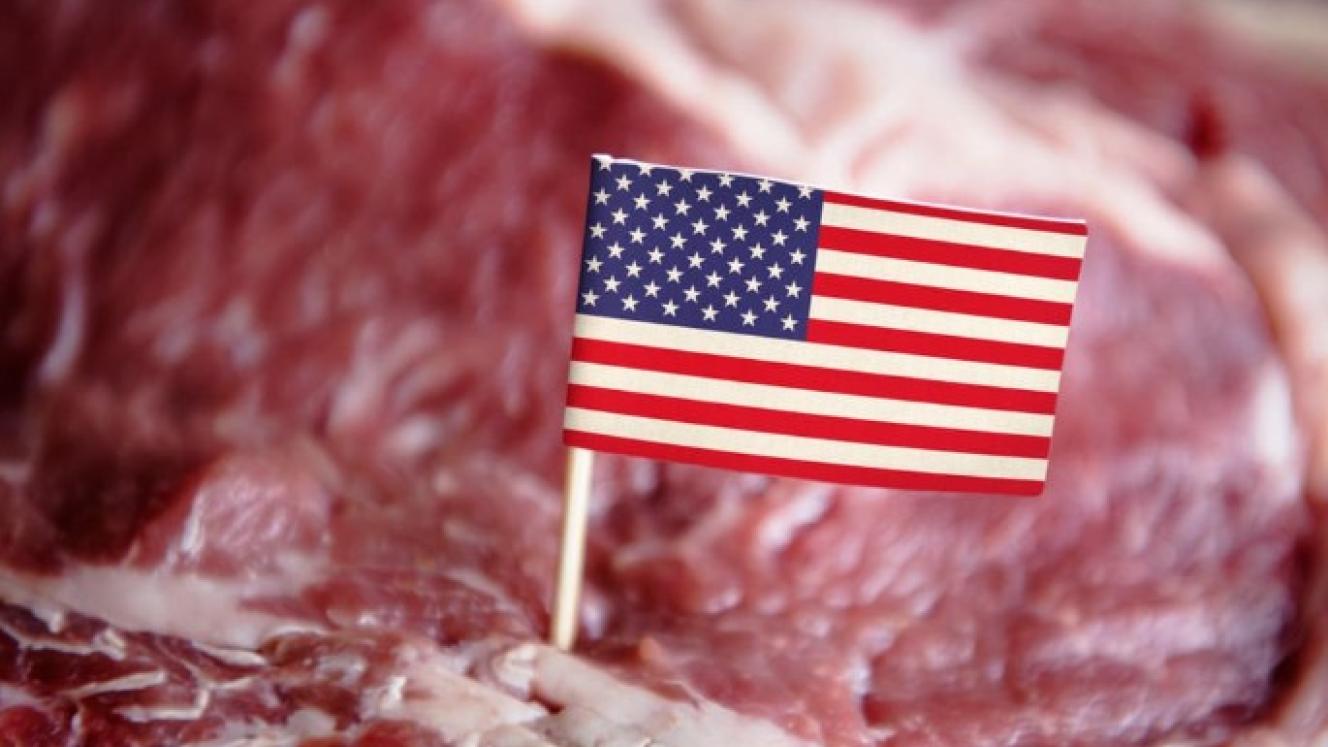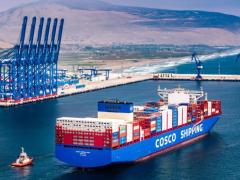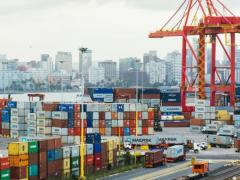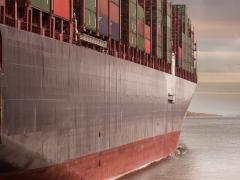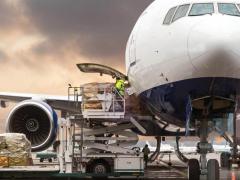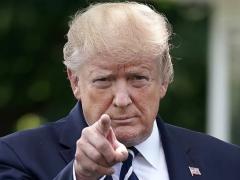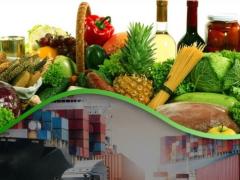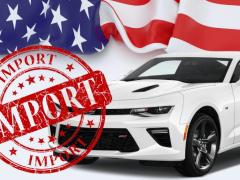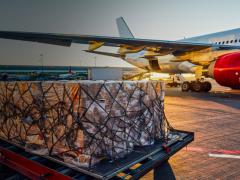Ahead of the G20, starting in Sandton on Friday, uncertainty remains whether the US, which has decided against sending any delegates to the Summit, has included South Africa in a range of tariff reductions on American beef imports.
This is after US President Donald Trump last Friday rolled back tariffs on more than a range of more than 200 food products, including staples such as coffee, beef, bananas and orange juice.
Reuters reported that it was because of rising pressure on the US President as discontent grows among American consumers over the rising cost of groceries.
Solidariteit civil society spokesperson Jaco Kleynhans, who was part of a breakaway Afrikaner delegation to the White House earlier this year, said the announcement was “very good news – also for South African farmers”.
But the decreased tariffs, especially beef, benefit the following countries: Australia, New Zealand, Argentina, Uruguay, Ecuador, Guatemala, and El Salvador.
It is understood that the White House fact sheet released about the tariffs does not include South Africa.
Specifically, Trump removed baseline tariffs on Australian and New Zealand beef, restored their tariffs to pre-April levels, and also reduced tariffs on beef from Argentina and Uruguay.
Brazil's beef tariff was reduced from 50% to 40%. For other products such as coffee, bananas, and tropical fruits, tariffs were also lowered for some of these South and Central American countries.
Kleynhans said: “Trump moved to lower duties on beef, coffee and dozens of other goods, as he looks for ways to address Americans’ concerns about the cost of living.”
Yet, there is no confirmation that South Africa is part of the sweeping reprieve on imports.
The new exemptions, which took effect retroactively at midnight on Thursday, represent a sharp shift for Trump, who has repeatedly maintained that the sweeping import duties introduced earlier this year were not contributing to inflation.
When asked about the move on Friday evening aboard Air Force One, Trump acknowledged that tariffs might in some cases raise prices, although he continued to insist that the United States was experiencing virtually no inflation overall.
Democrats have recently secured a series of victories in state and local elections in Virginia, New Jersey and New York City, where concerns about affordability – particularly high food prices – have been a central issue for voters.
Trump also told reporters that he intended to proceed with a £2 000-equivalent (US$2 000) payment to lower- and middle-income Americans, funded by tariff revenues some time next year. He said the tariffs would allow the administration to issue what he described as a dividend, while also reducing national debt.
Last Friday’s list of exemptions covers products that American households routinely buy, many of which have experienced double-digit annual price rises. The more than 200 items include oranges, açaí berries, paprika, cocoa, chemicals used in food production, fertilisers and even communion wafers.
In a fact sheet, the White House said the order followed “significant progress” in securing more reciprocal terms in bilateral trade relationships. It added that Trump had determined that certain food items could be exempted because they were not grown or processed in the United States, and in light of progress on nine framework trade deals, two final reciprocal trade agreements and two investment arrangements.
Consumer Price Index data for September showed that ground beef was nearly 13% more expensive than a year earlier, while steak prices had risen almost 17%, the largest increases in more than three years.
Although the United States is a major beef producer, a long-running shortage of cattle has kept prices elevated. Banana prices were around 7% higher, tomatoes 1% higher, and overall costs for food consumed at home had risen 2.7%.
Industry groups offered mixed reactions. The FMI-Food Industry Association said the tariff exemptions should provide some relief to consumers, noting that everyday items such as coffee could soon become more affordable, and adding that US manufacturers relying on these products in their supply chains would also benefit.
